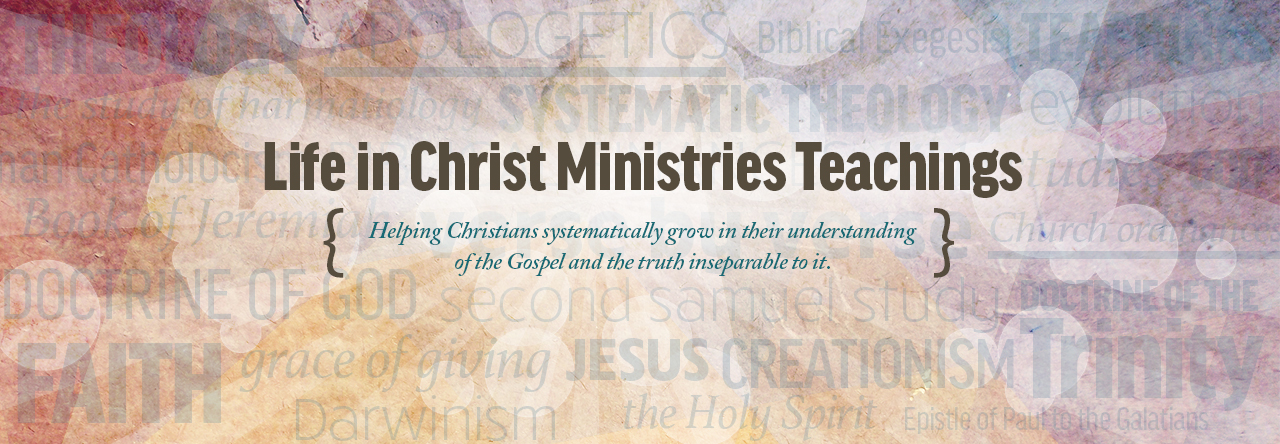32 But when we are judged, we are disciplined by the Lord so that we will not be condemned along with the world. (1 Cor. 11:32)
Lest someone were to misinterpret what Paul meant by the language of “judgment” (1 Cor. 11:29), in comes verse thirty-two to provide clarity and a surprising witness to the doctrine of eternal security. The judgment that Paul was speaking about (“But when we are judged”) was akin to divine discipline (“we are disciplined by the Lord”). And divine discipline is a witness to divine affection – “…those whom the LORD loves He disciplines” (Heb. 12:6a). The absence of discipline means that an individual is not God’s child (vs.8). No chastisement feels pleasant, whether it be human or divine; but its typical end is to produce a harvest of righteousness (vs.11).
















